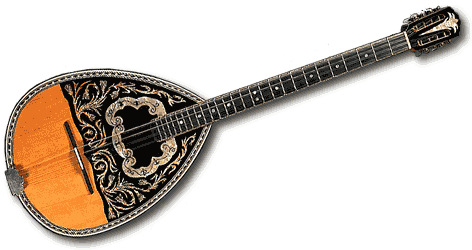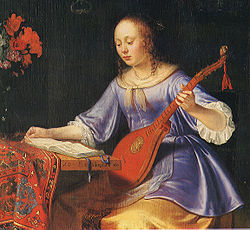“Zorba, teach me to dance”
Let poem
triggers find you
 Sometimes poem triggers make a full frontal assault on all
your senses. Sometimes they slyly creep up on you. There is no law that says
you can only write one poem about everything you see or hear; that’s what a
notebook is for. When words are ready to be written, pick the two or three most
important ideas for each poem, then write one. Or two. Or ten. In my opinion, the
last thing you want is to cram a poem so full of images, you suffocate your
readers. You want your readers to have some breathing room, and the ability to
become part of your poems. That’s what will keep them reading.
Sometimes poem triggers make a full frontal assault on all
your senses. Sometimes they slyly creep up on you. There is no law that says
you can only write one poem about everything you see or hear; that’s what a
notebook is for. When words are ready to be written, pick the two or three most
important ideas for each poem, then write one. Or two. Or ten. In my opinion, the
last thing you want is to cram a poem so full of images, you suffocate your
readers. You want your readers to have some breathing room, and the ability to
become part of your poems. That’s what will keep them reading. When I was in Crete, I had the opportunity to visit the
workshop of a famous bouzouki maker. It looked like a cross between a Quonset
hut on an abandoned military base and an auto body shop; tin and unpainted
walls, long plywood tables holding instruments in all stages of completion,
wood shavings and cigarette ashes all over the floors, and serious, but smiling
men all over.
When I was in Crete, I had the opportunity to visit the
workshop of a famous bouzouki maker. It looked like a cross between a Quonset
hut on an abandoned military base and an auto body shop; tin and unpainted
walls, long plywood tables holding instruments in all stages of completion,
wood shavings and cigarette ashes all over the floors, and serious, but smiling
men all over.Each bouzouki looks different. Each one sounds different, and I was privileged to see the entire process.
That day, while my friend was turning a horrendous shade of
red on the beach, I drove by a canyon filled with the scent of wild sage,
bought lemons at an outdoor market from a blowsy woman surrounded by handmade
baskets brimming with citrus. She was beautifully tired, in a dress so old you
could only imagine the flowers, I knew she would go home and wash her underarms
at her kitchen sink with olive oil soap, watching out the window for her
husband to come in from the fields.
One poem from that day. Everything else had to wait:
Would You Like To Dance?
Born in a craftsman’s workshop in Crete
surrounded by wood shavings, cigarette ashes and Lotto tickets,
a couple of rickety chairs, a calendar from three years
past.
Powerless against the forceful hands of the master
who could bend even the most intractable old growth wood to
his will,
the bouzouki flirts and charms like a swami with cobra and
clarinet.
Pity the poor musician who must
challenge this lovely beauty to tell its tales.
Grown men sense tears they mourned as being gone forever,
women cross their legs.
Never has there been a more powerful melody
than the one played on the souls of history.
The bouzouki beckons.
- Tobi Alfier
- Tobi Alfier
1677 painting
by Pieter van Slingeland
- - - -
Tobi Alfier's most recent collection of poetry is Somewhere, Anywhere, Doesn't Matter Where. She is also co-editor with Jeff Alfier of the San Pedro River Review. Don't miss Tobi's columns on the craft of poetry: insert your email address in the "Follow By Email" box to the right of this article and you'll be notified every time a new article appears.

Tobi - thank you for this wonderful advice. I love how you showed us your poem and how it was "triggered."
ReplyDeleteThank you Joy. Thank you so much for reading this.
DeleteBeautiful poem - it takes me back.
ReplyDeleteThat’s both good advice and a great poem. As a part-time Cretan (oh how I love to say that!) I can attest to the chaos of the workshops scattered across the island and yet out of the tumble and jumble wonderful things are born! Mick Corrigan.
ReplyDelete"part time Cretan" hee hee hee. Thank you!!!
DeleteYou spun beauty into magic with language. Exquisite work, Tobi. And lovely picture of you.
ReplyDeleteThank you so much. Sorry for the delay in replying. I didn't know how to do it. Owen helped me. :-)
DeleteThanks for sharing these info with us! this is a great site. I really like it. Thank you for the site togel sidney
ReplyDelete